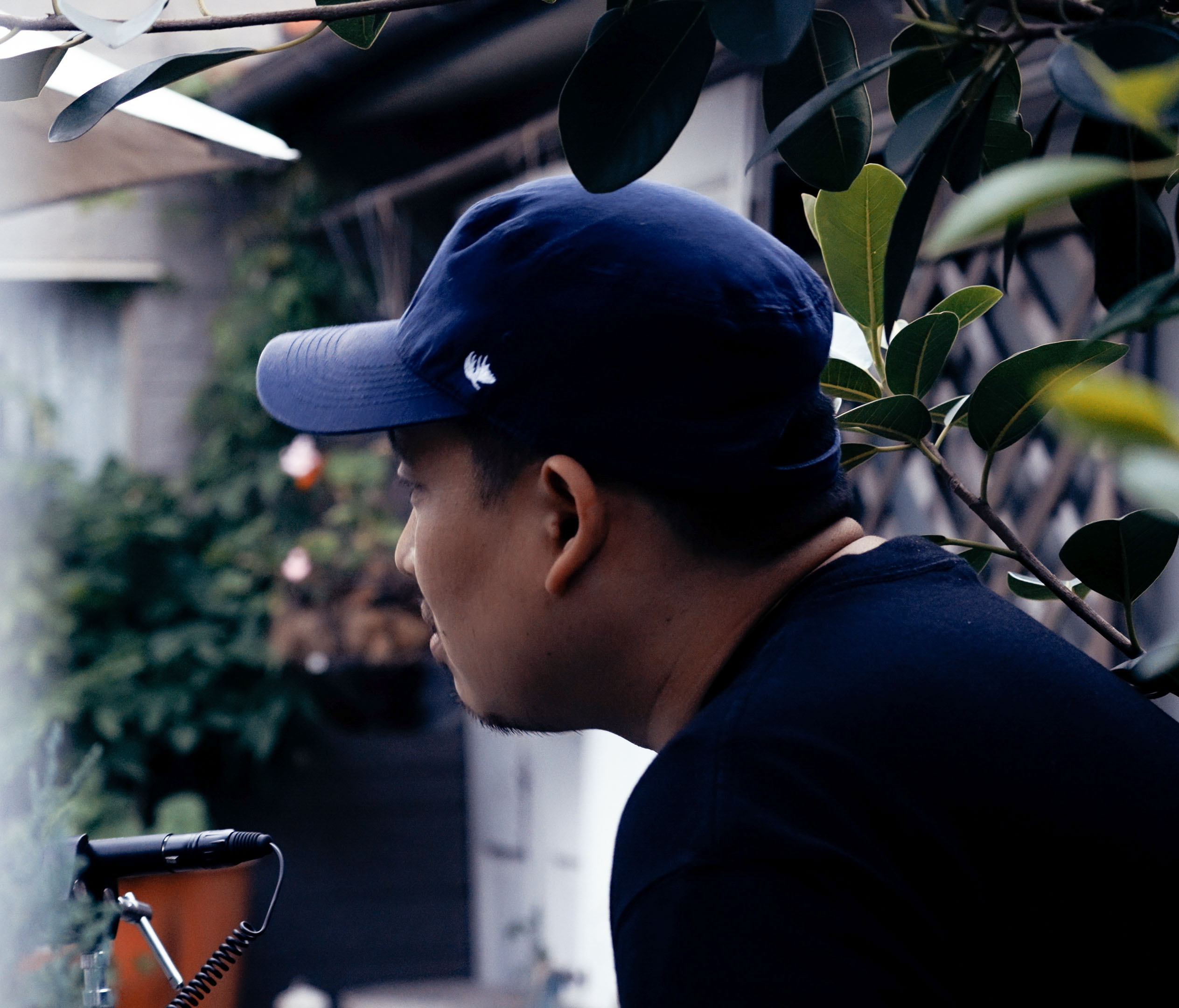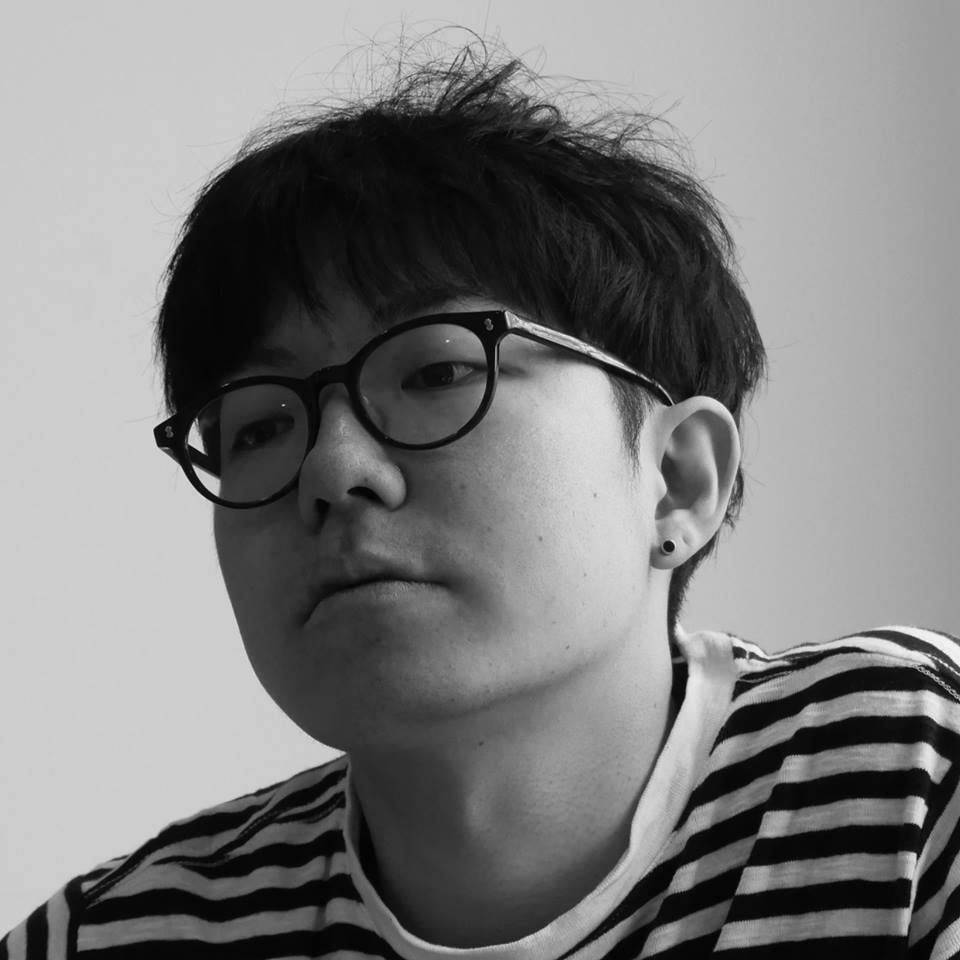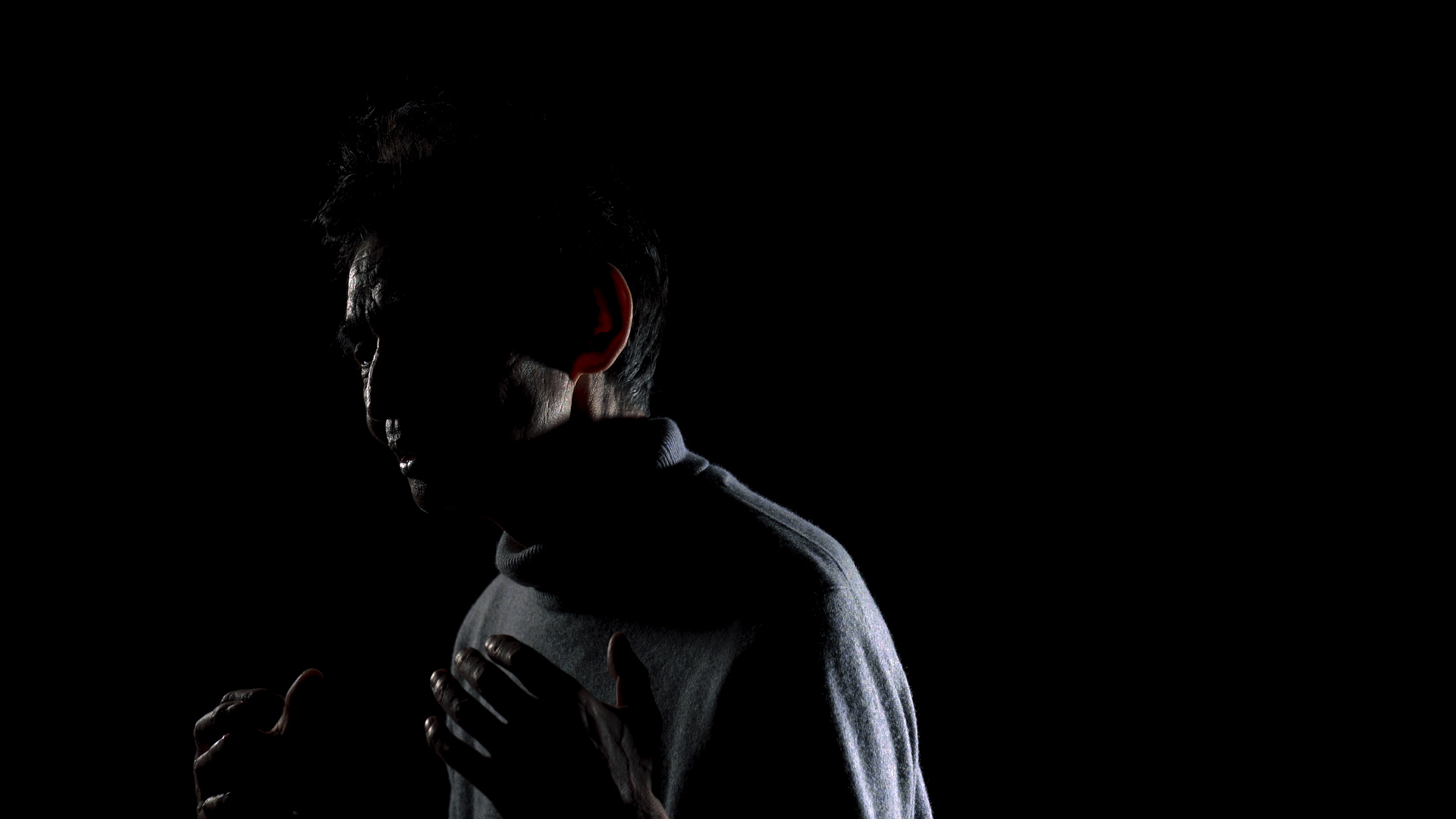証言 Testimony
TAKAGAWA Kazuya , YAMAMOTO Hiroki
- Japan
- 2020
- 24min
- 15 +
- DCP
- color
KP
Synopsis
We interviewed a male who “returned” to North Korea in the 1970s and “defected” to Japan around 2010. During the interview, the content of the dream that he told us was so unusual that it was difficult to tell where the dream began and where the reality began. Can a dream be a “testimony” to reality? But if reality and dreams form an intertwining entanglement, why can’t dreams testify to reality (or at least some of its phases)? Is there a clear-cut boundary between dream and reality? What do all of these attempts throw back at us?
Review
Hiroki Yamamoto and Kazuya Takagawa, who have explored post-colonialism in East Asia from a transnational perspective, document the testimony of a Korean defector in Japan as part of the “Morning Dew” project. The man, who went to North Korea, dreaming of escaping the discrimination in Japan and living in an earthly paradise created by Chongryon and the Japanese media, later came back to Japan. The film records the man's 'testimony' through his interview, but at the same time, it begins by overturning the meaning of 'testimony'. That is to ask the man to give a "testimony" about his dream. The interviewee asks whether a dream can be a testimony, but while he describes his weirdly vivid dream as accurately as possible, the truth of his life, which overlaps with the multiple dreams surrounding the 'Repatriation Project', comes to the surface.
Director
-

TAKAGAWA Kazuya
Takagawa graduated with a master's degree from Tokyo University of the Arts. Since 2007, he has participated in group exhibitions and residencies in Japan and abroad, working primarily with video.
-

YAMAMOTO Hiroki
In 2018, Yamatomo received a PhD from the University of the Arts London. Since 2013, he worked as a research fellow in Korea, Hong Kong and Japan. Currently, he is Lecturer at Kanazawa College of Art in Japan.
